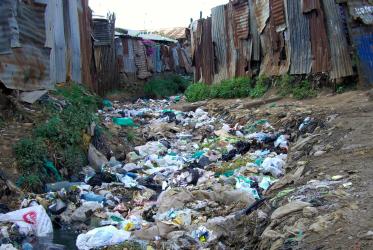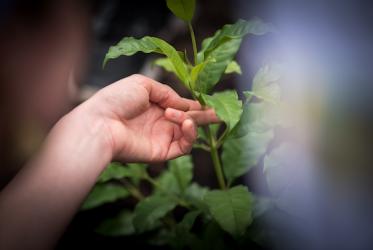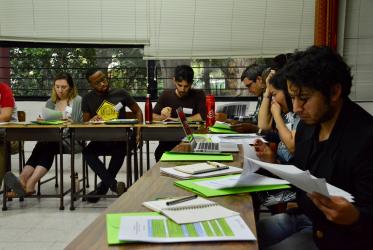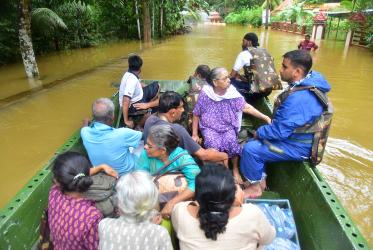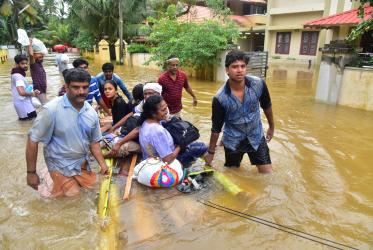Displaying 1 - 20 of 56
On World Toilet Day, sanitation is “an issue of justice”
16 November 2020
Church of South India eco-ministry featured on UNESCO website
17 February 2020
Interfaith Rainforest Initiative expands
12 February 2019
WCC Eco-School encourages youth to become eco-ambassadors
08 November 2018
WCC represented at International Sanitation Convention in India
18 October 2018





